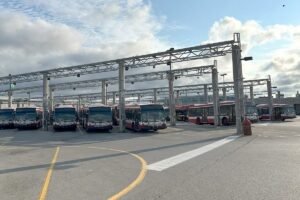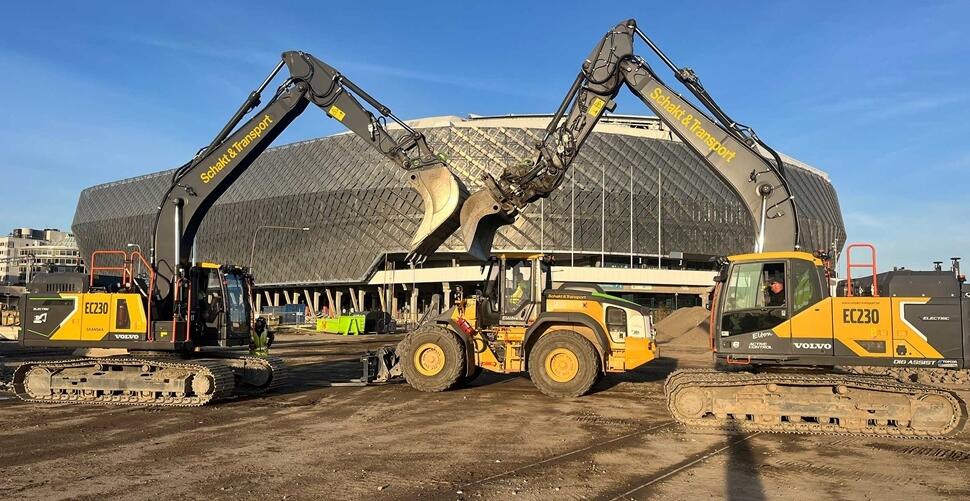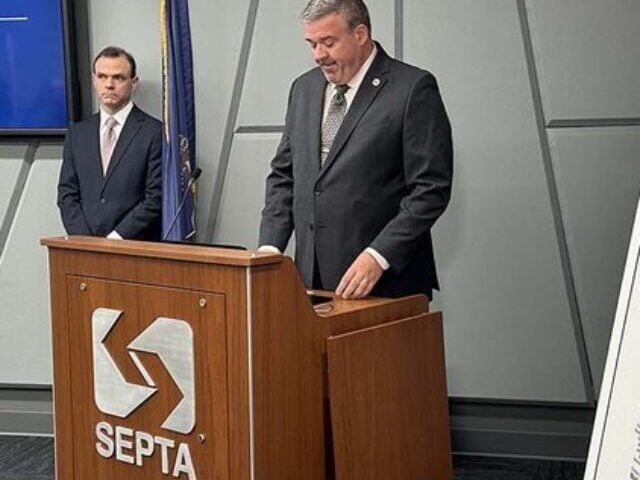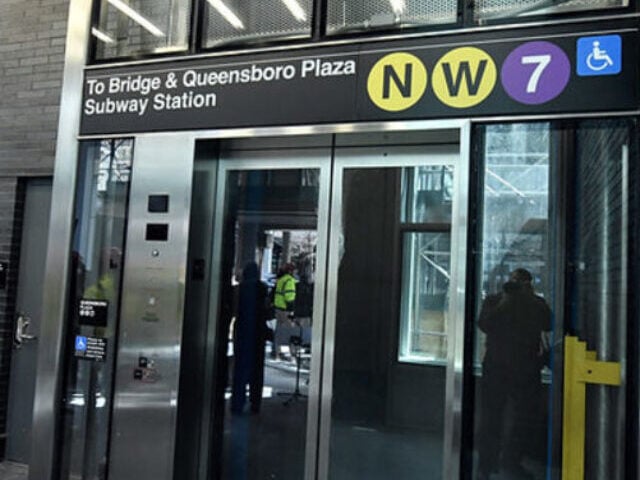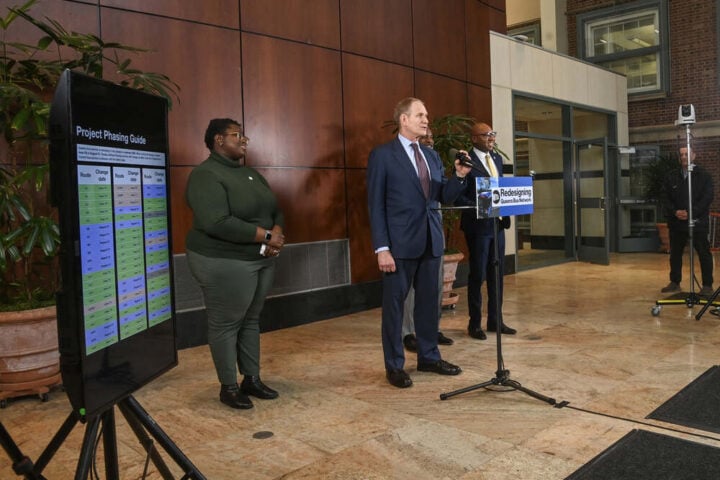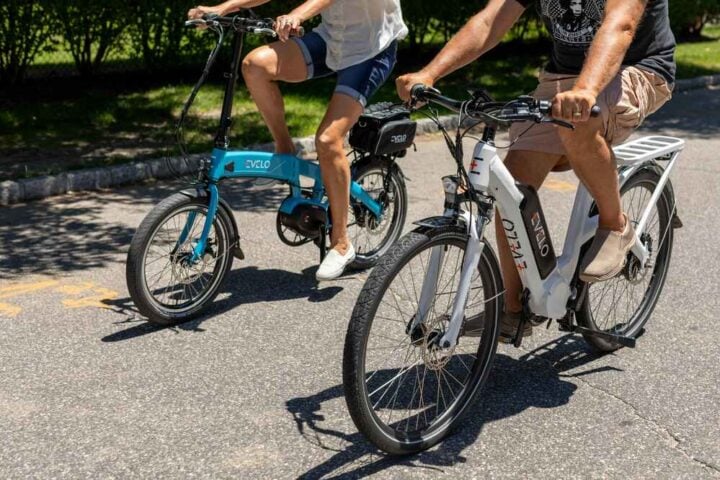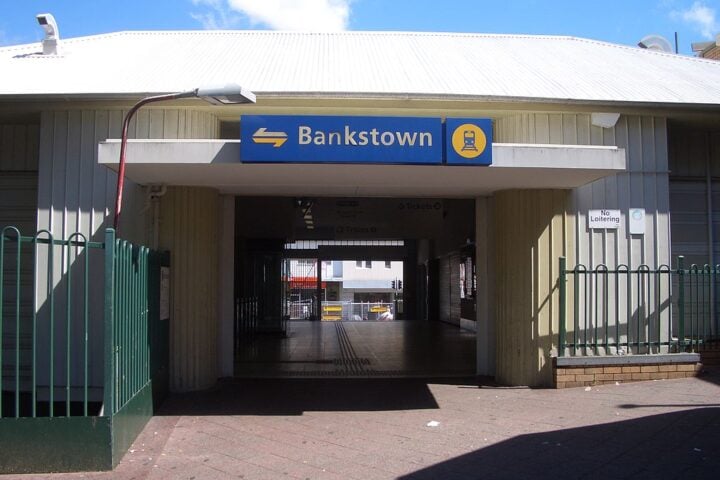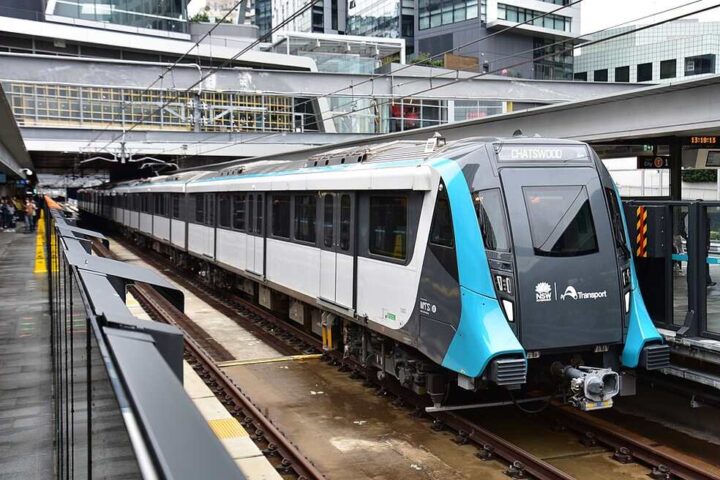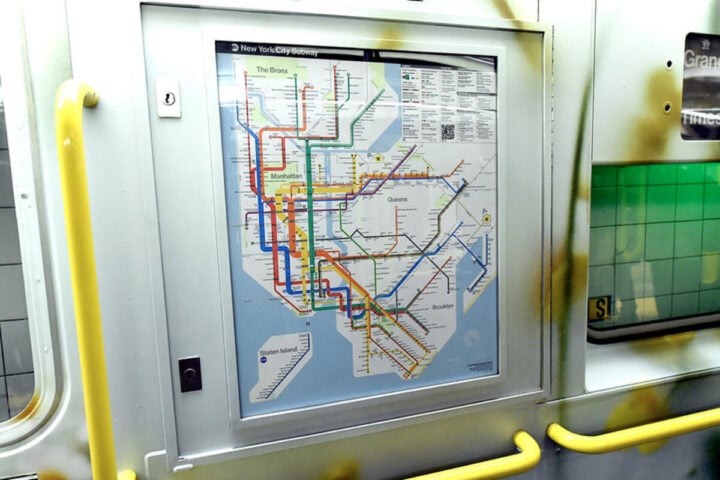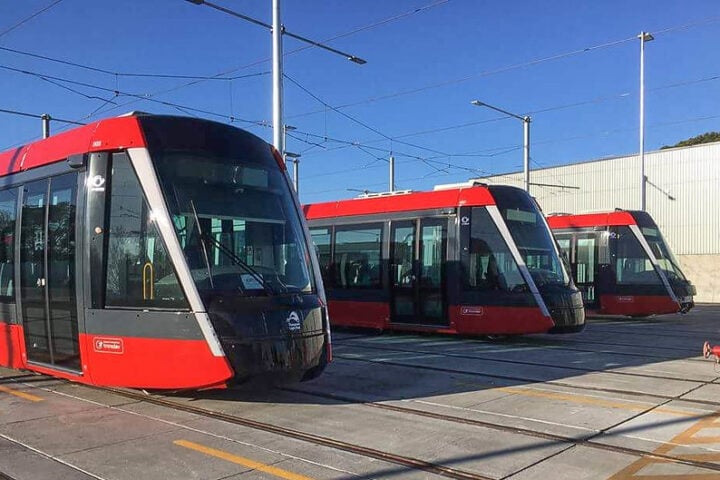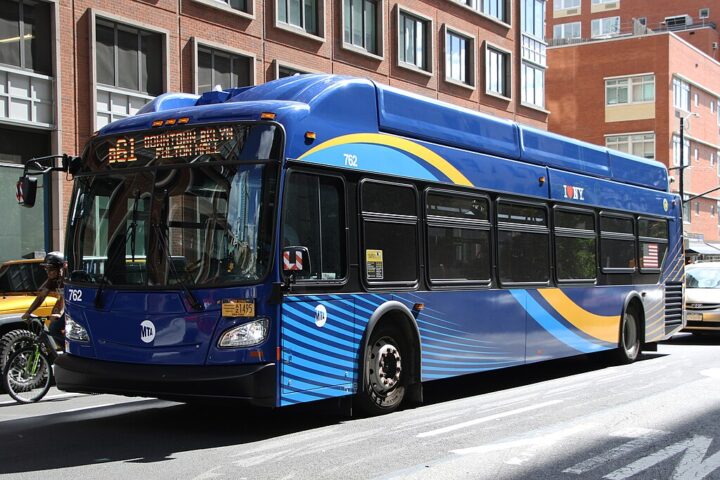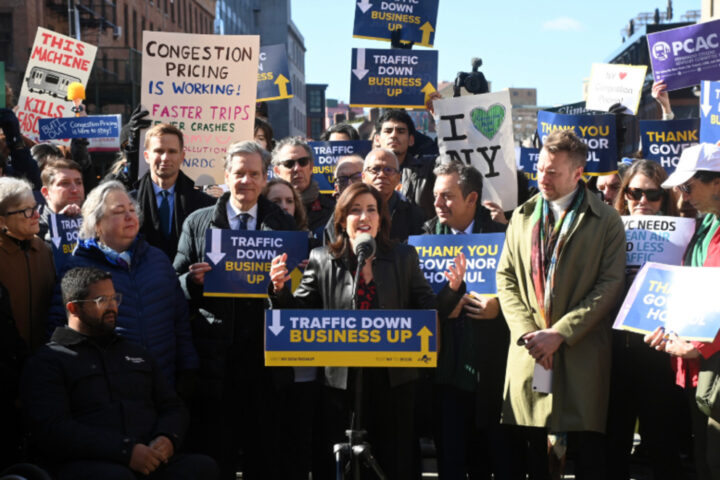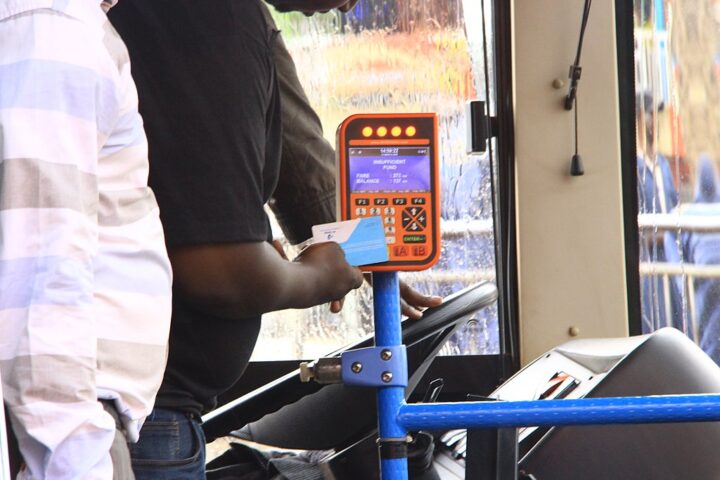The Toronto Transit Commission and Power ON Energy Solutions, in collaboration with BetterFleet saw their path toward complete fleet electrification gained momentum with the implementation of a smart charge management system for its electric buses. The project, supported by a $2.5 million contribution from Natural Resources Canada’s Electric Vehicle Infrastructure Demonstration Program, marks a crucial step in TTC’s commitment to achieve a zero-emission bus fleet by 2040.
Current Progress and Environmental Impact
TTC had reduced greenhouse gas emissions by 20% between 2017 and 2023. 40% of its crew is hybrid-electric bus, the last one they received was in July 2024. Then on all buses have been eBus / completely electric buses, as they move towards their target of becoming 50% zero-emissions by 2030 and 100% by 2040.
“Our partnership with PowerON is vital to the TTC’s goal of being completely zero-emissions by 2040,” said Greg Percy, TTC Interim CEO. “We are proud to be paving the way for transit electrification across North America, and bringing new, clean, quiet vehicles to customers and employees across the City of Toronto.”
Technical Implementation and Partnerships
The new charge management system integrates BetterFleet’s platform with ABB E-mobility chargers, enabling optimized charging sequences and dynamic load management. PowerON Energy Solutions serves as the turnkey provider for electrification infrastructure, collaborating with BetterFleet and ABB E-mobility as subcontractors.
“At PowerON, we’re committed to delivering cutting-edge solutions that make fleet electrification efficient and sustainable,” stated Keegan Tully, CEO of PowerON Energy Solutions.
Daniel Hilson, CEO of BetterFleet, added: “This project sets a new standard for transit agencies across North America working toward zero-emission goals.”
Industry Perspectives on Electric Transit
Battery technology continues to advance in the electric bus industry. Bradley Fox, Director of EV Fleet, UK and Nordics, notes: “The advancements in battery technology and energy efficiency are setting new standards for electric buses, making them more practical for long routes.”
Steven Meersman, Co-Founder and Director of Zenobē, points to economic benefits: “Longer battery warranties and improved energy management systems are driving down the total cost of ownership of electric fleets.”
More Stories
Technical Innovations in Electric Bus Technology
The charge management system leverages advanced technology to ensure power is allocated efficiently to the right electric buses, helping to meet operational needs while minimizing energy costs. The system optimizes charging sequences and implements dynamic load management for improved efficiency.
Market Growth and Future Outlook
The electric bus market continues to expand as transit agencies worldwide transition to zero-emission vehicles. This trend indicates increasing adoption of zero-emission public transit solutions across major cities.
Toronto Mayor Olivia Chow emphasized the broader impact: “Reliable, environmentally-friendly public transit has been a priority for me since day one.” She further adds “… I am proud to work with my partners in both the federal and provincial governments to make sure the people of Toronto have a low-emissions service they can count on.”
The TTC will showcase its smart charge management system during the Canadian Urban Transit Association’s Annual Conference and Transit Show at the Birchmount Garage on November 18th, 2024.
